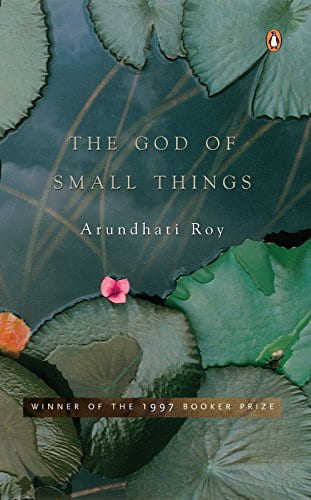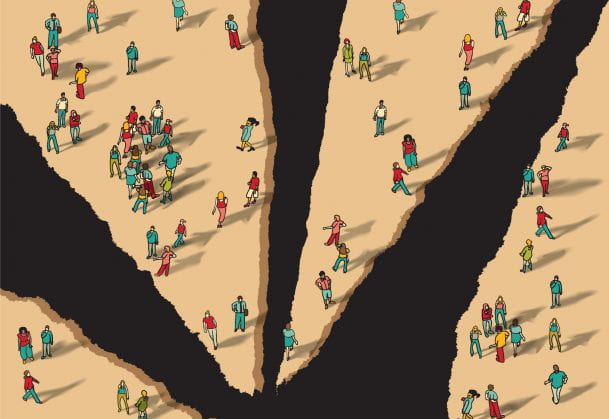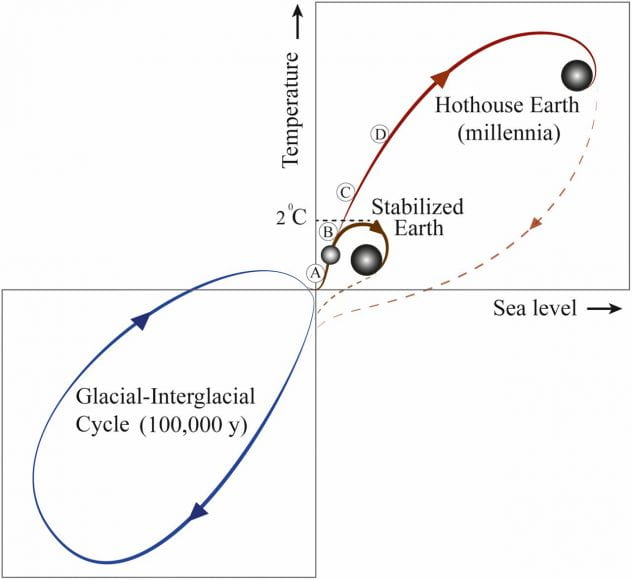Over the summer as a part of my book club, I read The God of Small Things by Arundhati Roy. A book that is evidently critically acclaimed and full of passages of lyrically vivid descriptions. The visual and auditory imagines are so strong that you can actually experience Ayemenem, in Kerala, India with its myriad of characters that are so realistic that you feel you live with them. But, to be brutally honest I have a grouse against the book and couldn’t agree with its theme. As the title of the book indicates, the novel holds up an alternate reality – a world that is in the protection of the “God of Small Things”. So, there is a mainstream society which lays down the rules and binds the people to their everyday routine lives and there is the alternate society which exists only perhaps in the imagination of some of the characters which allow human beings to be themselves, to do what they are meant to do. But, my grouse is that it is too negative of a portrayal of mainstream society, specifically of Estha and Rahel’s childhood which is meant to be a time of innocence and fulfilment and also its too much of a “halfway story” which does not really tell me if the alternate world really holds out a promise of happiness.
Throughout the book, there is evidence of the two worlds that plague the imagination of Estha and Rahel. Initially, they are too innocent to understand that the society in which they place their trust will eventually let them down. So, in chapter 1 Estha thinks “that if they were killed on a zebra crossing the Government would pay for their funerals”. It’s a tongue-in-cheek reference to the society which lays down restrictive laws with the implication that if you follow the laws, you’ll be safe, just like walking on a zebra crossing. Only, unfortunately, the same society does not extend protection to you when something goes wrong. So eventually though society forces you to walk the long straight line, there is no comfort provided if things go wrong. Yet another world that Roy explores is the world of the Church, an important element of life in Kerala for the many Christians who live there. At the time of Sophie’s funeral, the priest says “We entrust into thy hands. Most merciful Father, the soul of this our child departed, and we commit her body to the ground, earth to earth, ashes to ashes, dust to dust”. Here again, there is the same reference where religion is seen to be a binding force on human beings, something they turn to at the time of trouble and yet it holds out little in terms of comfort or empathy. Thus, Chacko and Margaret not only lose their child but in doing so also lose what they have between them. The same reference to the promise of an illusory happiness is alluded to in the book later when Roy refers to, “Things go better with Coca-Cola”, its the same thing – everything in the past and present of human society, be it religion or powerful western brands, promise happiness, a promise that remains unfulfilled as is evident in the lives of the characters.
In an extension of the theme of appearance vs reality, Roy brings in a slight variation as she indicates that mainstream culture often gives indications of an alternate world and yet never acknowledges it fully. Thus, she refers to childhood nursery rhymes and lullabies like “Rubadub dub, three women in a tub, tarry a while said Slow” and “I’m Popeye the sailor man dum dum, I live in a cara-van dum dum, I op-en the door, and fall-on the floor. I’m Popeye the sailor man dum dum”. In both the song lyrics the existence of a more passionate, sexual world is hinted at and yet children are taught only the superficial, sugar-coated meaning of it. In a similar reference, she talks about Karna and Kunti from the holiest Indian mythology, Mahabharata. The fact remains that Kunti, the mother of the Pandavas is revered as a virtuous woman and yet what mainstream culture tends to gloss over is that she has an illegitimate son born out of wedlock. What Roy is referring to is this whole idea of glamorising and sanctifying human life and human existence beyond recognition. These are the moral values that society and religion hold out as principles that need to be followed for the good of man and yet all they do is bring unhappiness and unfulfillment. The ideal world doesn’t exist and so, when Estha and Rahel’s family go to watch The Sound of Music it is the time when Estha loses his innocence in the hands of the Orangedrink Lemondrink man. Thus, what we think are the most perfect experiences of childhood often hold the most scarring of experiences for us.
The story continues, the family is split up with Rahel being sent away. She is expelled from more than one school and goes through a broken relationship before she comes home again. There is a sense of completion of a circle as she can be together with her twin, Estha. Being together makes them feel whole, a fulfilment that they express through physical intercourse. Obviously they are lost souls who are meant to be together. It is a replication of the Adam and Eve story where God creates a perfect world (like society0 yet also adds a rule which is impossible for Adam and Eve to maintain if they want to be really happy. Thus, Roy creates an alternate universe for Estha and Rahel, (which belongs to the God of Small Things) but, this world that she promotes at the cost of the “real world” as a place of harmony and happiness, is it long-lasting? Is it even real? We will never know because the story stops short of explaining.









